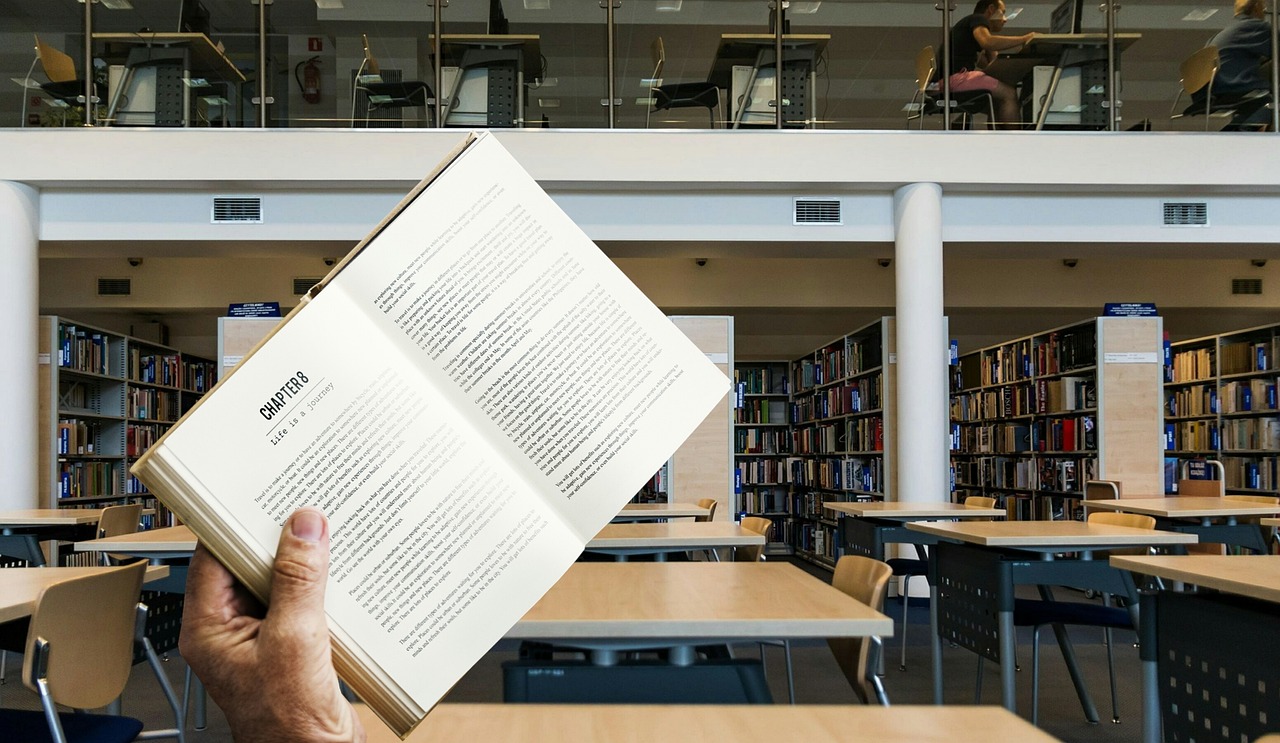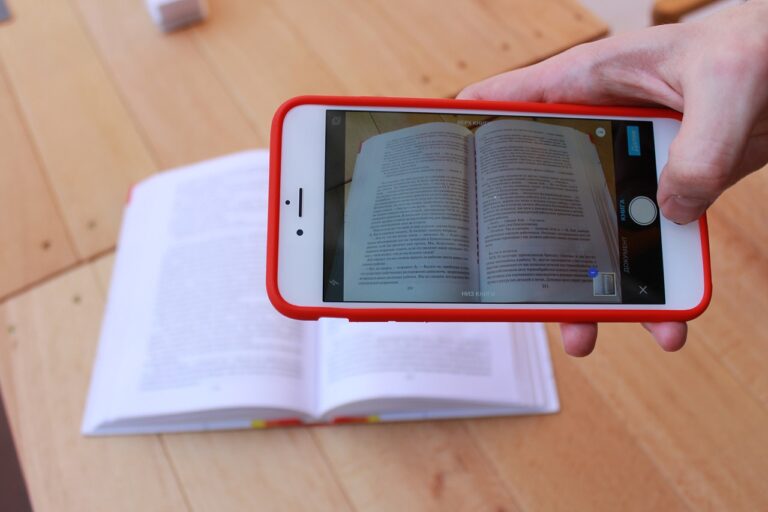Evaluating the Impact of Universal Design for Learning (UDL) on Assessments: Cricketbet999 login, 11xplay online id login, Betbhai9 com
cricketbet999 login, 11xplay online id login, betbhai9 com: Evaluating the Impact of Universal Design for Learning (UDL) on Assessments
Universal Design for Learning (UDL) is a framework that aims to provide all students with equal opportunities to learn and succeed by removing barriers to learning. One area where UDL can have a significant impact is assessments. By incorporating UDL principles into assessments, educators can create more inclusive and effective evaluation methods that cater to the diverse needs of all learners.
Here are some key ways in which UDL can influence assessments:
1. Multiple Means of Representation:
UDL encourages the use of multiple formats and media to present information to students. This can translate to assessments that include a variety of question types, such as multiple-choice, short answer, and visual-based questions. By offering different ways for students to engage with the material, educators can better assess their understanding and abilities.
2. Multiple Means of Action and Expression:
UDL also focuses on providing students with various ways to demonstrate what they have learned. This can mean allowing students to choose from different assessment options, such as written essays, oral presentations, or multimedia projects. By giving students the flexibility to express themselves in ways that suit their strengths, educators can get a more comprehensive view of their skills and knowledge.
3. Multiple Means of Engagement:
UDL emphasizes creating assessments that are engaging and motivating for students. By incorporating elements such as choice, autonomy, and relevance into assessments, educators can increase student interest and investment in the evaluation process. This can lead to more accurate assessments of student learning and performance.
4. Collaboration and Feedback:
UDL also promotes the use of collaboration and feedback in assessments. By encouraging peer review, group projects, and ongoing feedback from teachers, students can benefit from diverse perspectives and constructive criticism. This can help students improve their work and learn from each other, leading to more meaningful assessment outcomes.
5. Flexibility and Accessibility:
One of the key principles of UDL is to make learning accessible to all students, regardless of their abilities or learning styles. By designing assessments with flexibility in mind, educators can ensure that all students have the opportunity to demonstrate their knowledge and skills. This can include providing extra time, alternative formats, or assistive technologies to support students with diverse needs.
6. Continuous Improvement:
UDL also emphasizes the importance of continuous improvement in assessments. By analyzing assessment results, gathering feedback from students, and making adjustments based on data, educators can refine their assessment practices over time. This can lead to more effective and fair assessments that accurately measure student learning outcomes.
In conclusion, UDL can have a significant impact on assessments by promoting inclusive and effective evaluation practices that cater to the diverse needs of all learners. By incorporating UDL principles into assessments, educators can create more engaging, accessible, and meaningful evaluation methods that support student learning and success.
FAQs:
Q: How can educators implement UDL in their assessments?
A: Educators can implement UDL in their assessments by considering the principles of multiple means of representation, action and expression, and engagement. They can provide students with various ways to access information, demonstrate their understanding, and engage with the material.
Q: How can UDL assessments benefit students with disabilities?
A: UDL assessments can benefit students with disabilities by providing them with alternative formats, accommodations, and supports that meet their individual needs. This can help level the playing field and ensure that all students have equal opportunities to succeed.
Q: What are some challenges educators may face when implementing UDL assessments?
A: Some challenges educators may face when implementing UDL assessments include resistance to change, lack of training and resources, and difficulty in designing assessments that meet the diverse needs of all students. Overcoming these challenges may require ongoing professional development, collaboration with colleagues, and a willingness to experiment and adapt assessment practices.







